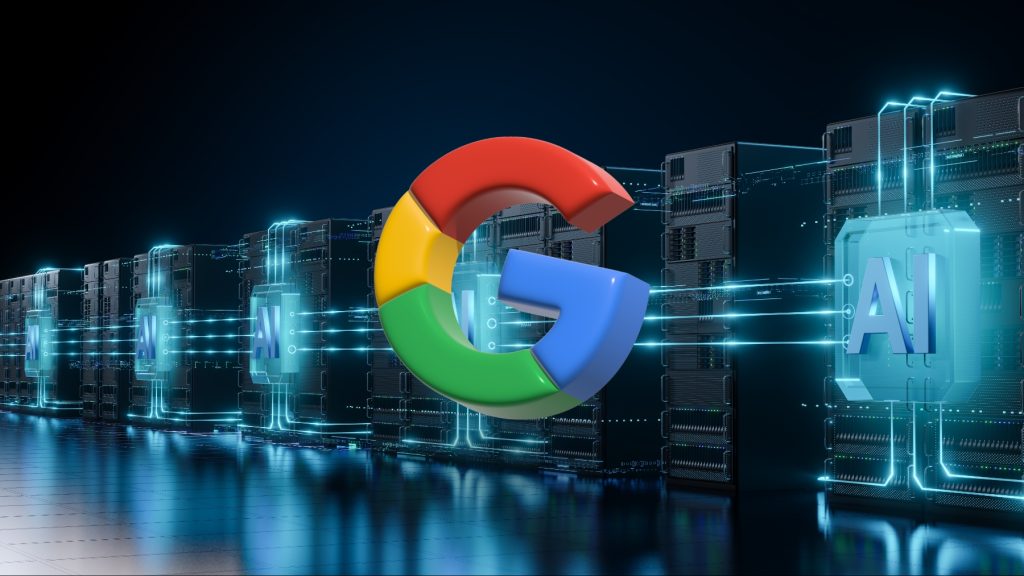
On October 14, Google announced its collaboration with Kairos Power to use small nuclear reactors to support its Google nuclear AI data centers, to meet its soaring energy needs for AI data centers.
Following Google nuclear data centers partnership, the first reactor within decades will be rolling out, with plans to expand its use by the year 2035.
Google Nuclear Power for Data Centers
The terms of the deal, including financial details and reactor locations, have yet to be finalized. However, the Google nuclear data centers partnership is part of a trend among technology companies seeking clean energy to power their operations.
Google’s senior director for energy and climate, Michael Terrell, to the need for diversified supplies of electricity as support for new AI.
“The grid needs new electricity sources to support AI technologies that are powering major scientific advances, improving services for businesses and customers, and driving national competitiveness and economic growth,” Terrell said.
“This agreement helps accelerate a new technology to meet energy needs cleanly and reliably, and unlock the full potential of AI for everyone,” he added.
Kairos Power’s executive Jeff Olson said that the Google nuclear-powered data center agreement is a vital step toward furthering the commercialization of advanced nuclear energy, proving both technical and market viability of solutions for decarbonizing power grids.
US Government’s Role Before Google Nuclear Data Centers Construction
Before construction can begin, the plans for the Google nuclear data centers need to be approved by the US Nuclear Regulatory Commission, as well as local regulatory bodies.
Last year, Kairos Power received a permit-the first in 50 years-to build a new kind of nuclear reactor in the United States. It is building a demonstration reactor, sited in Tennessee, which will employ molten fluoride salt as a coolant, which is a new coolant other than water used in the cooling systems of conventional reactors.
With global energy consumption by data centers projected to more than double by the end of the decade, according to investment bank Goldman Sachs, the tech industry is turning to nuclear energy.
John Moore, Industry Editor at TechTarget, noted that AI nuclear data centers require massive amounts of electricity not only to operate but to manage the heat emanating from the specialized hardware.
This summer, the US joined other nations at a United Nations Climate Change Conference in a pledge to triple the capacity of nuclear energy by 2050 as part of a larger effort to shift away from fossil fuels. The path to nuclear power is riddled with controversies and critics will immediately cite the risks of nuclear energy itself, including the production of extremely long-lived radioactive waste.
An agreement has been reached by Microsoft to restart operations at the Three Mile Island facility – infamous due to the nuclear accident that occurred in 1979 – while Amazon announced recently its plan to purchase a nuclear-powered data center in Pennsylvania.
Inside Telecom provides you with an extensive list of content covering all aspects of the tech industry. Keep an eye on our Tech sections to stay informed and up-to-date with our daily articles.